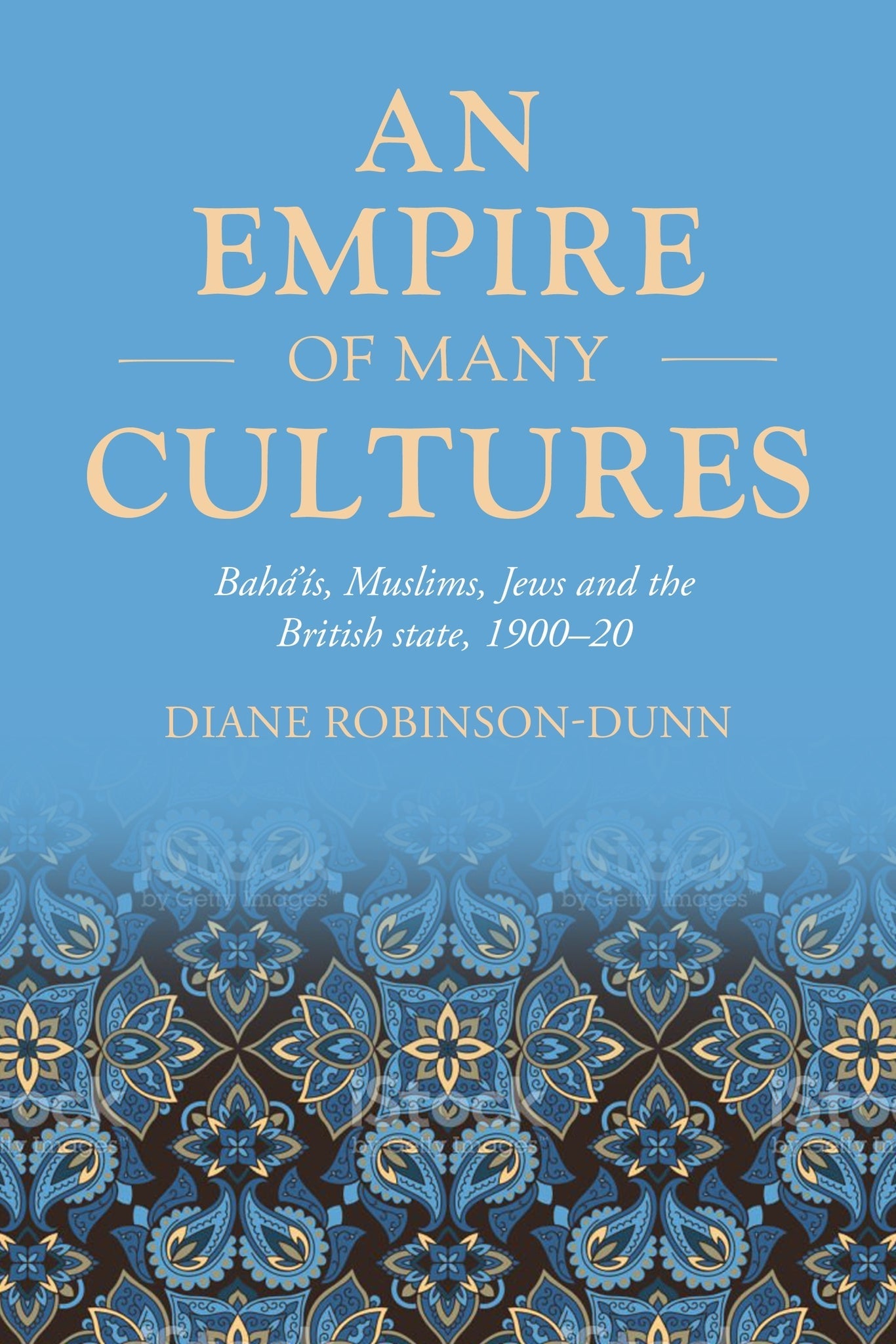We're sorry. An error has occurred
Please cancel or retry.
An empire of many cultures


HISTORY / Europe / Great Britain / 20th Century, POLITICAL SCIENCE / Colonialism & Post-Colonialism, HISTORY / Middle East / Turkey & Ottoman Empire, HISTORY / Military / World War I, First World War, Colonialism and imperialism

'Engaging with extensive archival research, Robinson-Dunn explores the historical developments of Bahá’ís, Muslims, and Jews within the British empire, largely centered around the Great War... This fascinating study allows readers to explore the British empire through a new lens.'
Recommended by CHOICE
‘Enormously absorbing, highly original, and making imaginative use of the primary sources.’
—Humayun Ansari, OBE, Historian of Islam and cultural diversity, Royal Holloway, University of London
‘Based on wonderful archival research, Robinson-Dunn offers fascinating new insights into the workings of empire and how imperial interests intersected with the goals of minority faith communities … an excellent account which deserves every plaudit, while pointing to a promising area of focus for future studies.’
—Brendan McNamara, Historian of religion and East-West encounters, University College, Cork
‘An important, fascinating and sensitively explained study of early twentieth-century Bahá’í, Muslim and Jewish engagement with the British State and the Politics of the Middle East.’
—Jamie Gilham, Historian and author of Loyal Enemies: British Converts to Islam, 1850-1950
Notes on language
Introduction: valuing diversity in an empire of many cultures
1 From precarity to prominence: ‘Abdu’l-Bahá and the cultivation of British Bahá’í networks in England and the Middle East
2 Planting the “banner of Islam” in the “heart of the British Empire”: Muslim missionaries from India solidify their new base in England during a time of crisis
3 Zionist debates among Jews in England take a new imperial turn
Conclusion: some comparisons, some reflections




